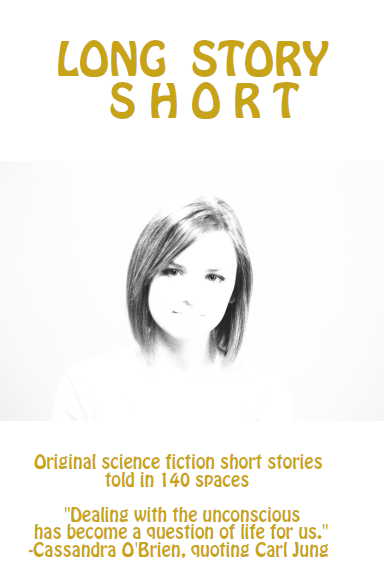Liberals speak of Conservatives as existing inside a perceptual “Bubble”, meaning those inside that metaphorical bubble only associate with conservatives, and therefore are only ever exposed to conservative political ideas—which are then, inevitably reinforced and perpetuated as truth.
Mainstream comic book publishers— at least and in particular DC Comics— appear to reside in a similar bubble, where they are out of touch with the real world beyond their publishing offices.
For the last 30 years, in those offices, (judging by the books) a sort of temporal anomaly has formed, creating an atmosphere or impression of being eternally America somewhere between 1985 and 1995— with the simplistic storytelling and misogynistic attitudes inherent in that era.
Largely, they are still trying to produce comics as if it were still 1990, using outdated models.
In the millennial age, comic books are suffering from an extreme case of McComics—the McDonaldsification of comic books, in which material is standardized and simplified, rather than customized and personalized. And as with public education and any mass media, results are the same: mediocre crap.
The fundamental flaw that exists in the comic industry, especially within DC Comics… is they cater too much to readers who grew up (or maybe didn’t literally grow up) with their characters from the old days, instead of attempting to attract and appeal to new and younger readers who are growing up right now… instead of offering newer and contemporarily relevant characters.
They repeatedly continue to recycle and reboot the same characters for 50 years, instead of creating new ones, for a new age. I’m referring primarily to superhero comics; what most of us usually think of when talking of comic books.
We get a repetitive rehash of Superman, Batman and Spiderman… as if no new characters could possibly be devised.
These days, stories and "big events” are innately designed for and targeted to those who got into comics in the 1980s or 1990s-- not the younger readers that might become new life-long comic book fans today. Comic books themselves are also currently stuck in a kind of bubble, stagnating in the residue of yester-year nostalgia and continuity. A constant desire to chase or replicate past glories is inherently and inevitably aimed at those old(er) readers, not bringing in new fans.
Therefore, logically and regardless of intentions or declarations otherwise, comics publishers are generally going to attract the stereotypical comic book reader of the ‘80s.
Because comic book content is often and predominately aimed at the immature male demographic and ridiculous niche stereotype; under-sexed 30 year-old men still living in their parents’ basement who get off on naked female superheroes and characters getting shot up, cut up and blown up. Despite an erroneously persistent common conception of comic book readers, most of them are actually not children. Increasingly over the last 30 years, many of them are adults— as those who started reading comics as kids continued the hobby into adulthood. Compounding the sorrowful dilemma of children reading less books, comics are not really so inviting or interesting to most children anymore. Comics are not just for kids anymore. In many cases, alas, they are not even for kids at all. Frequently, nor are they designed for females.
Further alienating new/ younger readers is the unfortunate trend (in comics and cable TV) of narrative debauchery and debasement, with stories and subject matter written for (clearly depraved) adults, and inappropriate for anyone under age 18.
What rational and responsible parent would approve or encourage their kids, even teenagers, to read such gratuitously violent, over-sexed and demeaning material?
Saturday, February 11, 2012
Subscribe to:
Post Comments (Atom)





















No comments:
Post a Comment